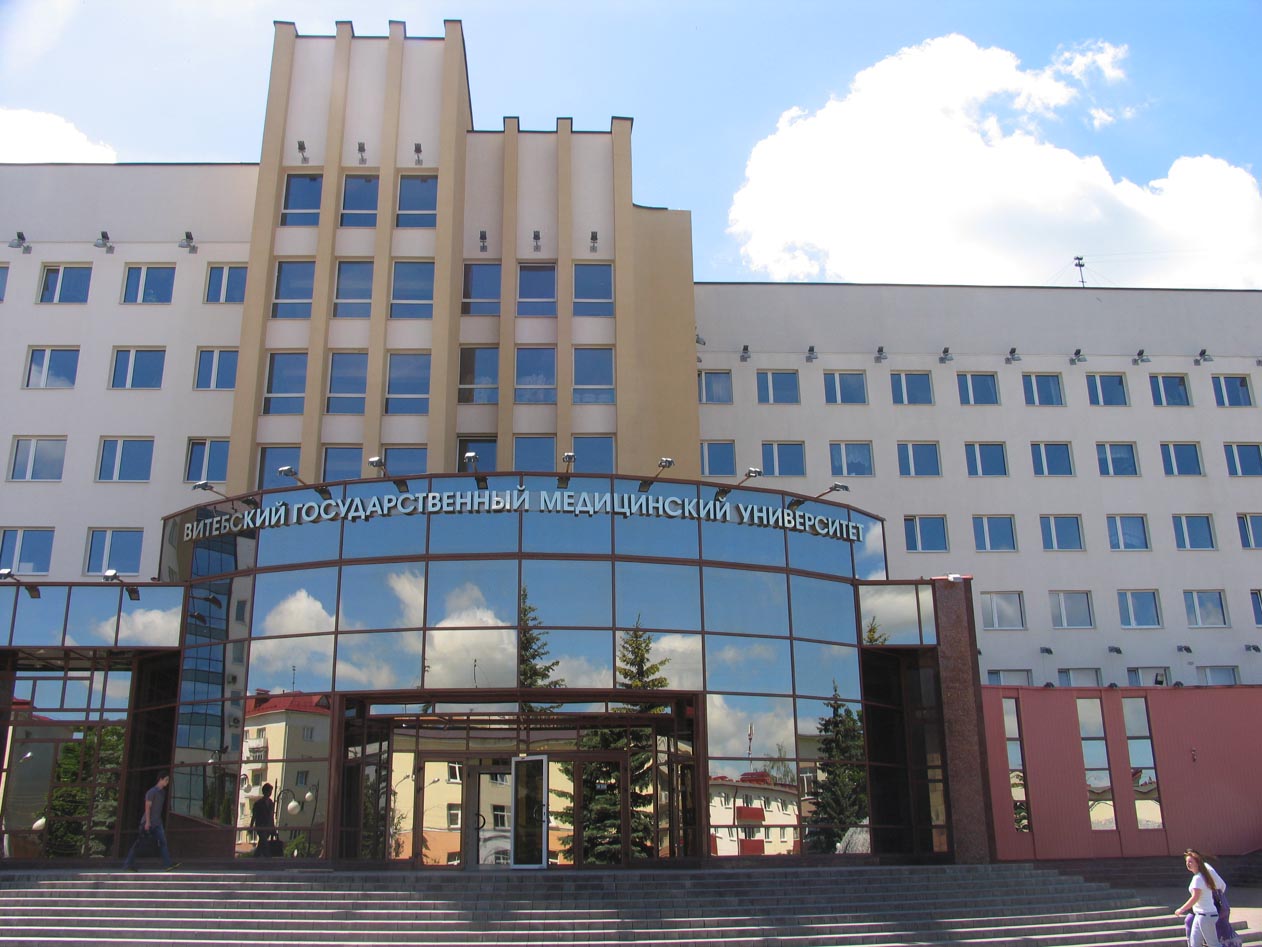The structure of the educational process at the Center ensures stepwise sequence and continuity in the development of practical skills in higher, postgraduate and additional education programs, including programs of elective and optional courses and elective disciplines:
- 1st year – practical first aid skills;
- 2nd year – practical skills and manipulations of patient care, patient transportation, technical training for working with medical devices and devices (preparation for work, troubleshooting, maintenance, safety), practicing non-invasive and invasive manipulations of nursing staff;
- 3rd year – consolidation of practical skills and manipulations (non-invasive and invasive) of nursing staff;
- 4-5 courses – basic skills in medical manipulations, care, including the dynamics of the patient’s condition;
- 6th year – development of practical skills in subordination specialties, expert assessment of the level of professional competencies (technical, individual, group).
The Center is assigned the following academic disciplines:
- First aid (1 course)
- Medical care and manipulation techniques (2 course)
- University course “Development of practical skills and abilities” (4-5 courses)
In addition, the Center conducts classes in other disciplines by teachers from clinical departments using simulation learning technologies.
The center provides a three-stage sequence in mastering practical skills in first aid training programs for the population:
- 1st stage – training of citizens;
- Stage 2 – training for workers in high-risk professions;
- Stage 3 – training of teachers of educational institutions providing training in the basics of medical knowledge.
The Center hosts:
- practical classes with students;
- optional courses and elective courses;
- joint trainings on providing emergency (emergency and emergency) medical care in various clinical situations with students of medical colleges;
- individual and group additional classes under the guidance of teachers;
- classes for training student tutors;
- certification, including using OSCE (Objective Structured Clinical Examination) technology;
- training seminars with the public and workers in high-risk professions;
- on-site training courses “Simulation training in medicine” in medical colleges;
- internship for teachers of medical colleges at the training center;
- excursions for students of 9-11 chemical and biological classes of secondary schools in Vitebsk and the Vitebsk region;
- interactive activities for children of university employees to provide first aid at the scene of an incident, dedicated to International Children's Day and International Family Day.
The Center has developed and published a textbook “Training practical skills and abilities. Standards for medical care simulation modules. Tutorial." Vitebsk, VSMU: 2016. – 119 p.
Educational and methodological manual using QR codes “Simulation training in medicine” Vitebsk, VSMU: 2021. – 173 p.
The Center is actively developing, introducing and using new teaching methods:
- Use of electronic checklists with integrated assessment tools
- Interactive consultation
- Development, implementation and use of algorithms for performing practical skills in academic disciplines in Russian and English.
 English
English  Русский
Русский  Беларуская мова
Беларуская мова  French
French  Spanish
Spanish  中文(繁體.台灣)
中文(繁體.台灣)  العربية الموحدة
العربية الموحدة 

































